What is a lottery?
A lottery is any arrangement in which people pay to take part and prizes are allocated by a process that relies on chance. Examples would include:
- a raffle
- a Tombola
- 100 club draws, and
- scratch cards.
Lotteries cannot be run for private or commercial gain.
If you want to run a lottery for fund raising you will need to register with the local authority where your head office is located.
Local authorities only deal with small society lotteries. For any other type of lottery you must contact the Gambling Commission (opens in a new window).
Small society lotteries
Society lotteries are lotteries promoted for the benefit of a non-commercial society. A society is non-commercial if it is established and conducted:
- for charitable purposes
- for the purpose of enabling participation in, or supporting, sport, athletics or a cultural activity, or
- for any other non-commercial purpose other than that of private gain.
Apply to be registered
Please ensure that you have read and understood the guidance document (opens in a new window) before making an application.
An application fee (opens in new window) must be paid when you make your application for registration of a small society lottery (opens in new window).
You will need to send the following supporting documents with your application:
- Details on how the lottery will be run.
- Terms and conditions or constitution of the society.
- Minute or other resolution duly certified saying that the above has been adopted. This document must include details of the promoter and the persons nominated to sign the returns.
We will confirm that we have received your application, supporting documentation and fee in writing.
Once the society is registered, we will inform the Gambling Commission.
Returns
The society is also required to provide a return (opens in new window) after each lottery. This return must be sent to us no later than three months from the day on which the draw took place.
